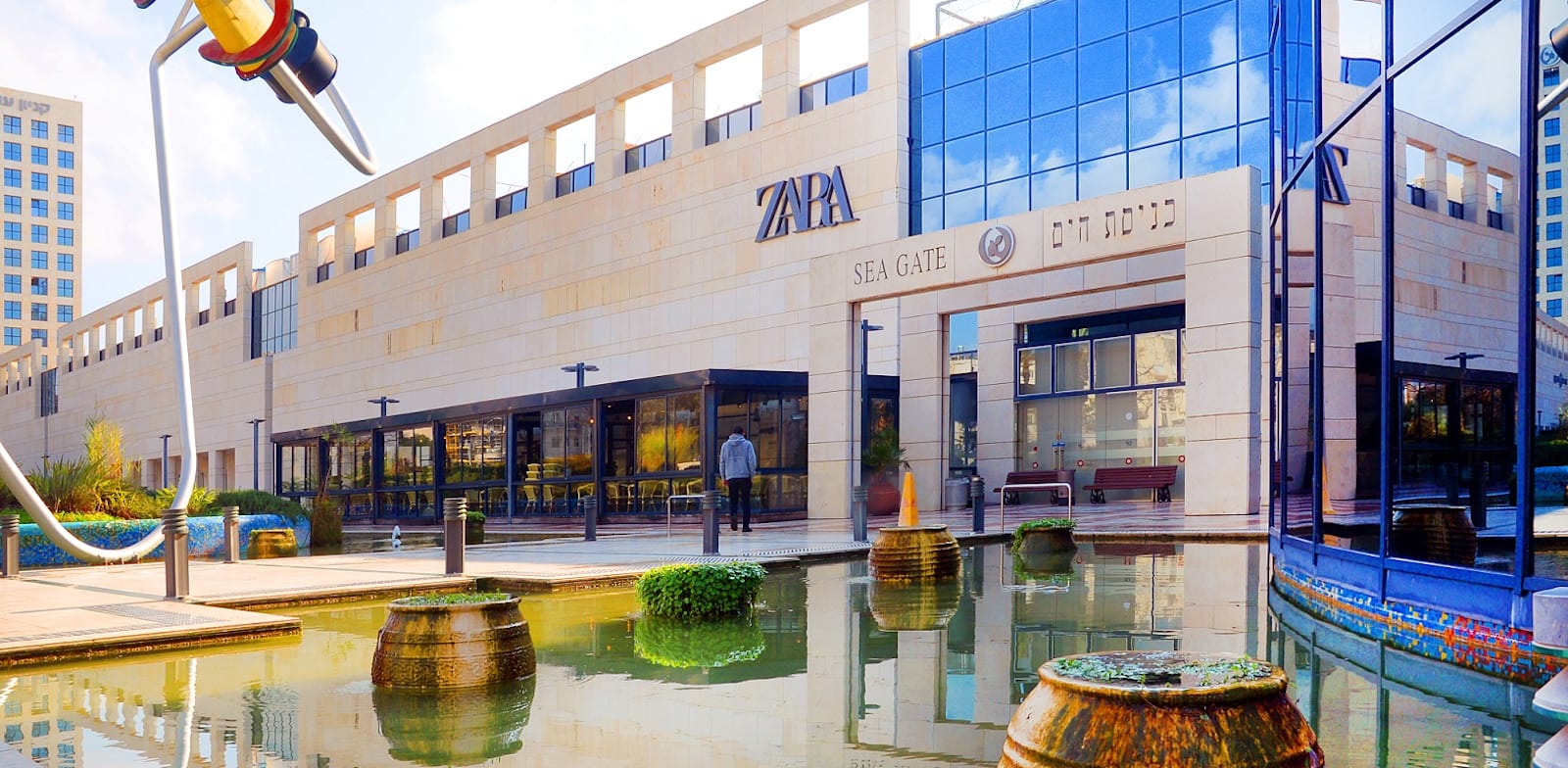Roti, kapda aur makaan. Food, clothing and shelter. These three have been must-haves for a stable life across centuries. Thus, it was natural that S and K, who had started dating in college, would look for a place together when they both got jobs and had stable incomes. Finding a place to rent was tough, but eventually, they found one. Landlords were still willing to accept two girls who said they were friends.
But rented flats had their issues. S and K were both working, and when the landlord wanted to schedule visits or get the house repainted, it affected their working hours and home lives. They felt stifled. S wanted a place to call her own. K had bookmarked thousands of home decor ideas on Pinterest; she longed to try them in her own place without asking their landlord for permission. For years, both of them dreamt of a house of their own, the idea becoming more tangible as they cheered for the conspiracy of the Khoslas in Khosla ka Ghosla or made copious notes of what Konkana Sen Sharma’s house looked like in WakeUp Sid!
Most importantly, as a same-sex couple, they felt it was necessary and essential for them to have their own place. They were tired of the judgemental looks they got from the building society secretary, the constant fear that their landlord would find out about their coupledom and throw them out, the neighbours’ well-meaning questions about boyfriends and weddings. A house isn’t ever just a house. They wanted a safe haven away from all derision and judgement. Owning a house would be an act of rebellion, of declaration, commitment and promise.
When they had been together for almost a decade and were earning enough to afford a place of their own, they started looking for a house to buy.
They hadn’t expected how difficult it would to access the “makaan” part of the stable-life bargain, especially ownership.
In India, it is challenging for same-sex couples to apply for and get home loans. Even though homosexuality was decriminalized by law in 2018, same-sex marriage is still illegal in the country.
Same-sex couples face difficulty getting loans as they don’t have marriage certificates or other documents to formally establish their relationship. And this is true not just for home loans, but any legal process, such as opening joint bank accounts or nominations for insurance policies, etc.
Like people across generations, owning a home was always a lifelong aspiration for S and K. Buying and moving into a new home is a landmark moment in anyone’s life. If you have grown up (or still live) in a rented house, you would know the value of owning a home, the constant desire for a place to call your own.
Yet, the world over, people face insurmountable barriers when it comes to buying houses, both financial and social. This is even more so for same-sex couples.
Imagine having the means to apply for a house and a home loan and then getting turned away on account of basic identity factors. The LGBTQIA+ movement and community have had to struggle, often seemingly without hope or support, for their rights. At a policy and legal level, gaining recognition has been decades-long work. At a social and personal level, discrimination and stereotypes remain widespread. They are often instilled in our homes. Think of kids laughing at those with a certain voice or gait, or worse, how people are bullied, beaten and abused for their sexual orientation. It is an unfair and harsh world to live in if you’re a minority. It is important, therefore for everyone in society to try creating a more equitable and friendly world that accepts people with all manner of differences.
The quest for roti, kapda aur makaan encompasses more than just basic necessities; it symbolizes the aspirations and dreams of individuals seeking stability and a place they an feel comfortable and secure.
For S and K too, like many other same-sex couples across India, the desire for home ownership goes beyond mere financial considerations. It is a yearning for a sanctuary where they can express their love freely without fear of judgment or discrimination. Sadly, the barriers same-sex couples face in accessing home loans and legal processes undermine their pursuit of this right. As a society, we must strive for inclusivity and empathy, dismantling unfair policies and fostering a world that embraces diversity in all its forms. By creating more equitable guidelines and offering tailored solutions, we can pave the way towards a future where everyone, regardless of gender or sexual orientation, can feel secure and experience pride.
While the mindset shift needed might take decades, or even longer, what we can do now is get rid of unfair policies and processes. We must create inclusive policies and guidelines for people of all genders and sexual orientations. We need to approach each issue with sensitivity and a nuanced understanding to provide the best possible solutions to all members of society. No less importantly, there is now, more than ever, a need for empathy in our communications and our relationships. This should be the foundation for all our interactions, engagements and strategies.
Nalin Jain & Ruhie Pande are, respectively, chief marketing officer and chief human resources officer at Godrej Capital
Download The Mint News App to get Daily Market Updates.
More
Less
















